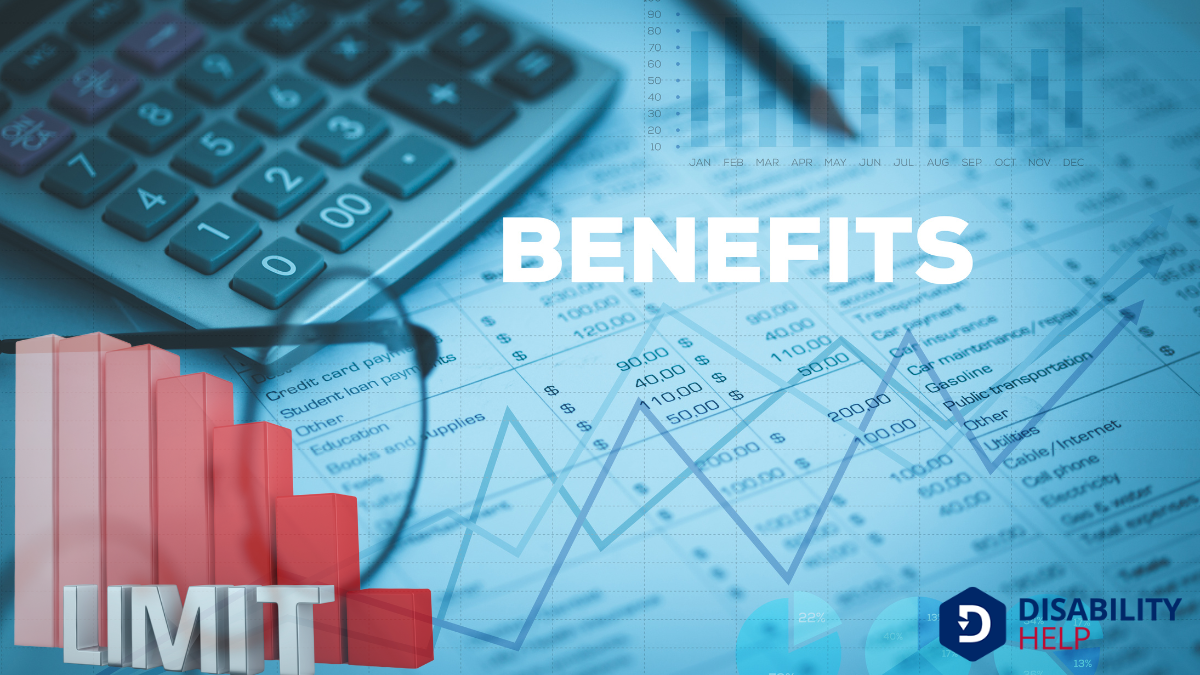Yes, we can apply for short-term disability after an injury occurs, but we need to act quickly. We should notify our employer right away and gather necessary documentation like medical records and employment history. It's essential to contact our insurance provider to understand specific policies and deadlines. Short-term disability won't cover everything—it typically doesn’t cover work-related injuries and may have a waiting period. Let’s explore how these details affect our claim.
Key Takeaways
- Yes, you can apply for short-term disability after sustaining an injury.
- Timely notification to your employer and insurance provider is crucial.
- Gather necessary documentation, including medical records and employment details.
- Understand eligibility criteria, such as non-work-related injury requirements.
- Be aware of policy-specific waiting periods before benefits commence.
Understanding Short-Term Disability Insurance
When maneuvering through the complexities of short-term disability insuranceInsurance that provides income replacement for a limited time when an employee is unable to work due..., it's essential to grasp the foundational elements that define it.
We need to understand that this type of insurance provides financial assistance when we’re temporarily unable to work due to illness or injury. It’s designed to replace a portion of our income during recovery, ensuring we can focus on healing without the stress of lost wages.
This coverage typically kicks in after a waiting period, often lasting a week or two. While it doesn't cover long-term disability or workplace injuries covered by workers' compensation, it fills the gap for non-work-related issues.
Understanding our policy’s fine print, including coverage limits and duration, empowers us to make informed decisions when applying for benefits.
Eligibility Criteria for Short-Term Disability

As we navigate our understanding of short-term disability insuranceA form of insurance that provides income to individuals who are unable to work due to a disability., it’s important to recognize who qualifies for this valuable benefit. Generally, eligibility hinges on a few key factors.
First, we must be employees covered under a policy, either through our employer or an individual plan. Then, we need to have sustained an injury or illness that temporarily prevents us from performing our job duties.
The injury or illness must be non-work-related, as work-related incidents typically fall under workers' compensation. Some policies also require us to have been employed for a minimum period before filing a claim.
Let’s remember, each policy varies, so reviewing the specifics of our coverage will clarify our eligibility, ensuring we fully understand the support available to us.
Required Documentation for Your Claim
Gathering the right documentation is vital when filing a short-term disability claim. Let’s verify we've everything needed to make the process as smooth as possible.
First, we’ll need medical records that clearly detail our injury and the expected recovery time. A statement from our healthcare provider explaining our inability to work is essential. It’s also important to include any test results or medical imaging, like X-rays or MRIs, that support our claim.
Next, we’ll gather employment records, including recent pay stubs and job descriptions, to verify our work status and income. This helps establish the impact of our injury on our ability to perform job duties.
Timing and Application Process
Although timing can vary, understanding the application process for short-term disability is essential to secure timely benefits.
We need to act quickly after an injury to make sure our claim is processed efficiently.
Let’s break down the steps:
- Notify Your Employer: As soon as possible, inform your employer about your injury and intent to file a claim.
- Gather Required Documents: Make certain you have all necessary paperwork, including medical records and a completed claim form.
- Contact Your Insurance Provider: Reach out to the insurance company to understand specific requirements and deadlines.
- Submit Your Claim: Once everything is in order, submit your claim promptly to avoid delays.
Potential Benefits and Limitations

While short-term disability insurance offers essential support after an injury, it's important to understand both the benefits and limitations it entails.
We gain financial relief during recovery, covering a portion of lost wages when we're unable to work. This can alleviate stress, allowing us to focus on healing without the immediate burden of financial instability.
However, there are limitations we must be aware of. Policies typically cover only a percentage of our income, not the full amount. They also have maximum duration limits, often ranging from a few weeks to several months.
Additionally, not all injuries or conditions qualify, and a waiting period might apply before benefits kick in. By understanding these aspects, we can better navigate our options and make informed decisions.
Conclusion
In summary, if we’ve experienced an injury, it’s essential to understand how short-term disability insurance can support us. By knowing the eligibility criteria, gathering the necessary documentation, and understanding the timing and application process, we can confidently navigate our claim. Let’s remember that while short-term disability offers valuable benefits, there are limitations to take into account. Staying informed and prepared guarantees we’re in the best position to receive the support we need during our recovery.






